Contents
Introduction
Alan J. Poling is an esteemed psychologist and behavior analyst, known for his extensive research in the fields of applied behavior analysis (ABA), behavioral pharmacology, and experimental psychology. Poling’s work has significantly influenced how behavioral techniques are applied across various fields, including education, developmental disabilities, and even animal training. His empirical research and numerous publications have made him a highly respected figure in psychology and behavior analysis.

In this article, we will explore Alan J. Poling’s pioneering research, his contributions to behavior analysis, and the far-reaching impact of his work across different fields.
Early Life and Education
Alan J. Poling was born on September 27, 1952, in the United States. From a young age, he was fascinated by science and human behavior. This early interest drove him to study psychology in college. Throughout his youth, he was deeply curious about how behavior could be changed through different environmental approaches, setting the stage for his future work in psychology and behavior analysis. His early experiences and education laid a solid foundation for his career, influencing his innovative research and contributions to the field.
Image Source: wmich.edu

Educational Journey
| Aspect | Details |
|---|---|
| Early Education | Alan Poling attended local schools where he demonstrated a keen aptitude for science and psychology. His early academic success in these subjects laid a strong foundation for his future research interests and career in behavior analysis. |
| Ph.D. in Psychology | Poling earned his Ph.D. in 1977 from West Virginia University, with a focus on behavioral analysis. His doctoral research involved examining complex behavioral processes, which helped establish him as a significant contributor to the field of behavior analysis. |
| Academic Career | Following the completion of his doctorate, Poling took up positions at Western Michigan University. At this institution, he made substantial contributions to both experimental and applied behavior analysis. His work at Western Michigan University involved pioneering research on behavioral pharmacology, reinforcement theory, and practical applications of behavior analysis in educational and clinical settings. |
Influences and Early Career
| Aspect | Details |
|---|---|
| B.F. Skinner | Skinner’s groundbreaking operant conditioning theory played a critical role in shaping Poling’s approach to behavior modification, emphasizing the use of reinforcement to modify behavior. Poling applied these principles to his research, particularly in understanding complex behaviors in both humans and animals. |
| Jack Michael | Jack Michael, Poling’s mentor at Western Michigan University, was a major influence on his academic development. Michael was a leading figure in behavior analysis, and under his guidance, Poling honed his skills in both applied and experimental behavior analysis. Michael’s expertise in motivating operations and verbal behavior had a lasting impact on Poling’s work. |
| Catania and Reynolds | Poling’s early research was also heavily influenced by the seminal work of Catania and Reynolds in the areas of reinforcement schedules and behavioral pharmacology. Their research provided a foundation for Poling’s experiments on the interactions between drugs and behavior, contributing to his later work in behavioral pharmacology and the study of animal behavior. |
Major Theories and Work
Alan J. Poling’s research into Behavioral Choice Theory examines how individuals select between different behavioral options. Key elements include:
- Influence of Reinforcement: Poling explores how the presence and magnitude of reinforcement impact decision-making processes, providing a framework for understanding consumer choices and preferences.
- Consequences and Decision-Making: His work focuses on how anticipated consequences shape choices, offering insights into strategies for improving decision-making in various contexts, including therapy and behavioral interventions.
- Applications: The theory has implications for understanding consumer behavior, risk assessment, and treatment planning, influencing both clinical practices and policy design.
Image Source: ciencedirect.com
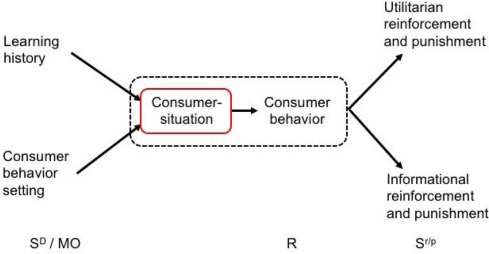
Behavioral Choice Theory
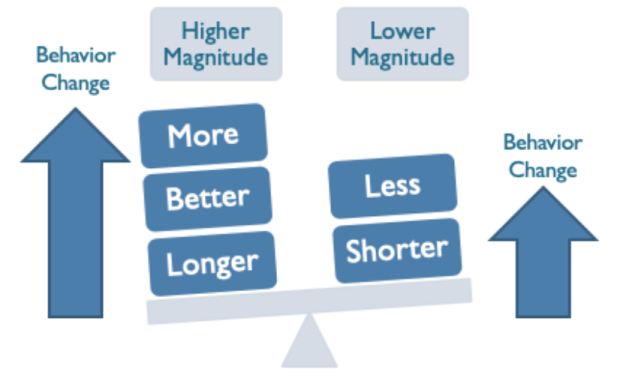
Matching Law
Poling has significantly contributed to the development and application of the Matching Law, which explains how responses are allocated based on reinforcement. Key elements include:
- Response Allocation: The law describes how individuals distribute their responses in proportion to the rewards received, providing a quantitative model for behavior analysis.
- Empirical Validation: Poling’s research provides empirical support for the Matching Law through controlled experiments, enhancing its reliability and applicability in diverse settings.
- Practical Implications: This theory is applied in designing reinforcement schedules and understanding behavioral patterns in various settings, including education, therapy, and organizational behavior.
Image Source:: masteraba.com
Alan J. Poling’s work in Behavioral Economics extends traditional behavior analysis to economic decision-making. Key elements include:
- Economic Models: His research contributes to models that incorporate behavioral factors, such as impulsivity and risk aversion, into economic predictions and decisions.
- Impact on Policy and Practice: Findings inform interventions and policies aimed at improving decision-making and behavioral outcomes, with applications in areas such as public health and financial planning.
Image Source: nikkilivingston.com
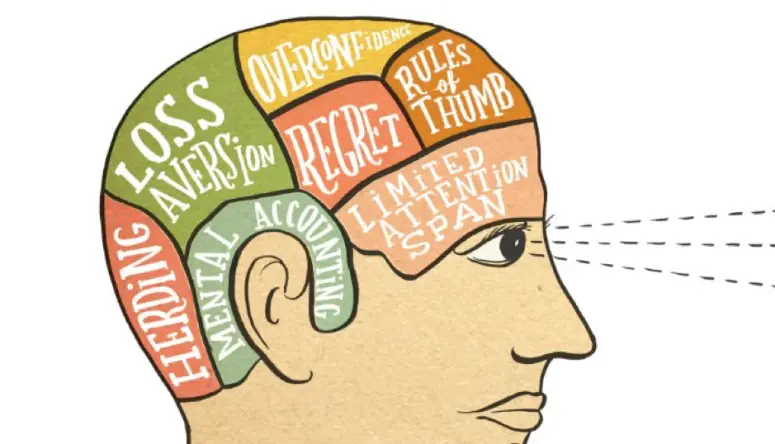
Behavioral Economics

Animal Learning
Poling’s theories on Animal Learning focus on how reinforcement affects behavior in animal models. Key elements include:
- Reinforcement Processes: His research delves into how different reinforcement strategies influence animal behavior and learning, contributing to a deeper understanding of operant conditioning.
- Comparative Psychology: Insights from his work contribute to understanding learning processes across species, bridging gaps between animal and human behavior and enhancing comparative studies.
- Applied Behavior Analysis: The principles derived from animal studies inform practices in behavior modification and educational settings, offering evidence-based strategies for improving behavior and learning outcomes.
Image Source: fearfreehappyhomes.com
Famous Books and Publications

The Matching Law: A Research Review (1991)
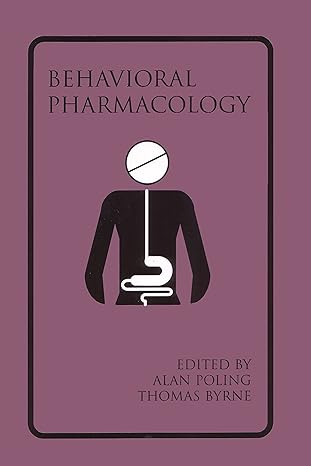
Behavioral Pharmacology (2001) by Poling’s

Applied Behavior Analysis: Principles and Procedures (2007)

Straight Choices: The Psychology of Decision Making
Influence on Contemporary and Future Psychological Research
- Research Methodology in Behavioral Science: Poling’s methodological contributions have refined research practices in behavioral science, improving the design and analysis of experiments related to reinforcement and behavior modification.
- Teaching and Learning: Poling’s work on behavior analysis in educational settings informs modern approaches to teaching and learning, particularly through the development of effective reinforcement strategies for student engagement and achievement.
- Animal Behavior Research: Poling’s studies on animal behavior and reinforcement have influenced current research in comparative psychology, enhancing understanding of animal learning processes and their applications to human psychology.
- Substance Abuse Treatment: Poling’s contributions to understanding the behavioral mechanisms underlying substance abuse support the development of more effective treatment programs, focusing on reinforcement strategies to reduce drug-seeking behavior.
- Behavioral Interventions in Public Health: Poling’s work influences public health strategies by applying behavioral principles to promote healthier lifestyles and behavior change on a larger scale, such as in smoking cessation and weight management programs.
Psychologists Influenced by Alan J. Poling
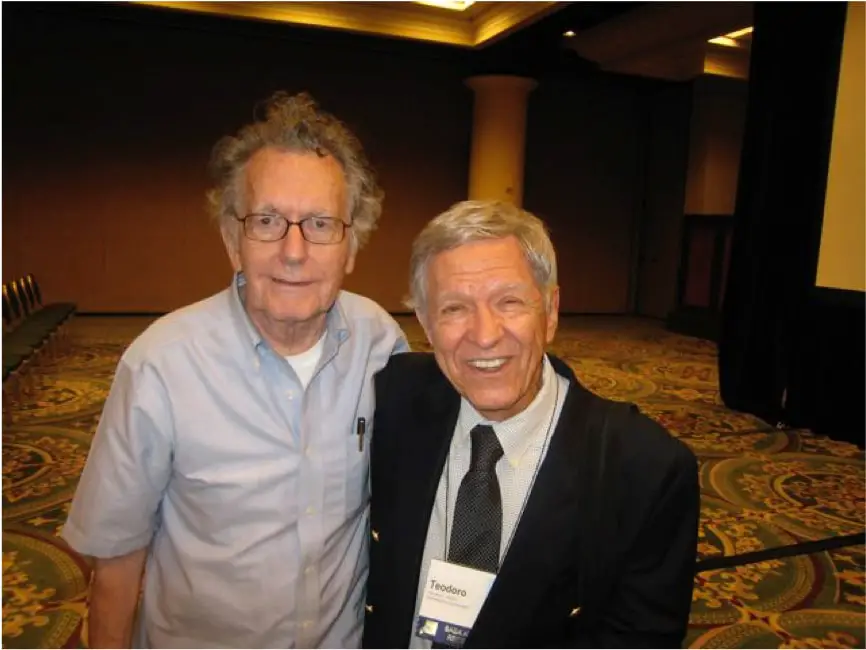
- B.F. Skinner: Skinner’s operant conditioning theories, which focus on how behavior is shaped by rewards and punishments, profoundly influenced Poling’s approaches to behavior modification. Poling applied Skinner’s principles to both human and animal behavior, advancing techniques in applied behavior analysis.
- Jack Michael: As Poling’s mentor at Western Michigan University, Michael’s expertise in behavior analysis and experimental psychology was instrumental in shaping Poling’s research trajectory. Michael’s guidance helped Poling develop innovative methods for studying and applying behavior analysis.
- Richard Catania: Catania’s research on reinforcement schedules and behavioral principles was crucial in informing Poling’s studies in behavioral pharmacology. Poling built on Catania’s work to explore how reinforcement can be used to modify behavior and improve treatment strategies.
- John B. Watson: Watson’s early behaviorism laid the groundwork for understanding behavior as a response to environmental stimuli. Poling expanded on Watson’s ideas by applying behaviorist principles to new areas, including experimental and applied behavior analysis.
Impact on Psychology
Influence on Modern Thought
Alan J. Poling’s ideas have profoundly impacted applied psychology, particularly in the areas of behavior modification, educational interventions, and animal behavior research. His extensive research has helped bridge the gap between experimental psychology and its practical applications, making behavioral techniques not only more accessible but also more effective in real-world settings. By applying the principles of behavior analysis to diverse challenges, from improving interventions for individuals with developmental disabilities to training animals for humanitarian tasks like disease detection and landmine identification, Poling has expanded the reach of behavior analysis far beyond its traditional boundarie.
Legacy and Recognition
- Long-Term Impact: Alan J. Poling’s contributions have left an indelible mark on multiple fields, ranging from applied behavior analysis to behavioral pharmacology and animal research. His pioneering work on using behavior analysis to address both human and animal challenges continues to influence current research, interventions, and therapeutic practices. Poling’s studies on behavioral interventions for individuals with developmental disabilities have been foundational in shaping more effective strategies for care and support, while his innovations in animal training, including the use of animals for detecting landmines and diseases.
- Major Awards and Honors: Poling has been the recipient of numerous prestigious accolades throughout his career, recognizing his extensive contributions to psychology and behavior analysis. These honors include the APA Division 25 Award for Distinguished Contributions to Basic Research, reflecting his foundational work in understanding behavior, and the Don Hake Award for Excellence in Applied Behavioral Research, which celebrates his groundbreaking applied studies. In addition to these, Poling’s influence extends far beyond the academic world through his prolific publications, which have informed and guided behavior analysts, educators, and clinicians alike.
- Criticisms and Controversies: While Alan J. Poling is widely respected for his innovative contributions, his work in behavioral pharmacology has occasionally faced critiques, particularly regarding the reliance on animal models in experimental research. Some critics argue that findings derived from animal behavior may not always translate directly to human behavior, raising questions about the generalizability of some of his conclusions.
Conclusion
Alan J. Poling’s career is marked by significant and far-reaching contributions to applied behavior analysis, behavioral pharmacology, and experimental psychology. Over the years, his extensive research and innovative approaches have reshaped how human and animal behavior is understood, analyzed, and treated. Poling’s work has profoundly influenced interventions for individuals with developmental disabilities, contributing to more effective strategies in behavior modification and therapy. His advancements in animal behavior research, including his involvement in humanitarian work using animals for tasks such as landmine detection, have opened new avenues for applied behavior science.
Bibliography
- [1] Fisher, W. W., Piazza, C. C., & Roane, H. S. (2011). Handbook of applied behavior analysis. The Guilford Press.
- [2] Michael, J. (1982). Distinguishing between discriminative and motivational functions of stimuli. Journal of the Experimental Analysis of Behavior, 37(1), 149-155.
- [3] Poling, A. (1990). Introduction to behavioral pharmacology. Plenum Press.
- [4] Poling, A., & Braithwaite, M. P. (2012). Rats and landmines: Using animals to conduct humanitarian work. The Behavior Analyst, 35(1), 45-52.
- [5] Poling, A., & Sundberg, M. L. (1995). Behavioral science: Tales of inspiration, discovery, and service. Sloan Publishing.
- [6] Skinner, B. F. (1953). Science and human behavior. Macmillan.
- [7] Sundberg, M. L., & Michael, J. (2001). The benefits of Skinner’s analysis of verbal behavior for children with autism. Behavior Modification, 25(5), 698-724.
- [8] Thompson, R. H., & Iwata, B. A. (2007). A comparison of outcomes from descriptive and functional analyses of problem behavior. Journal of Applied Behavior Analysis, 40(2), 333-338.
- [7] Vollmer, T. R., & Poling, A. (1992). Improving acquisition of children’s fire escape responses: Effects of instructional versus shaping procedures. Behavioral Interventions, 7(2), 139-155.
- [8] Weiner, H. (1997). Learning and behavior: A contemporary synthesis. Prentice Hall.






